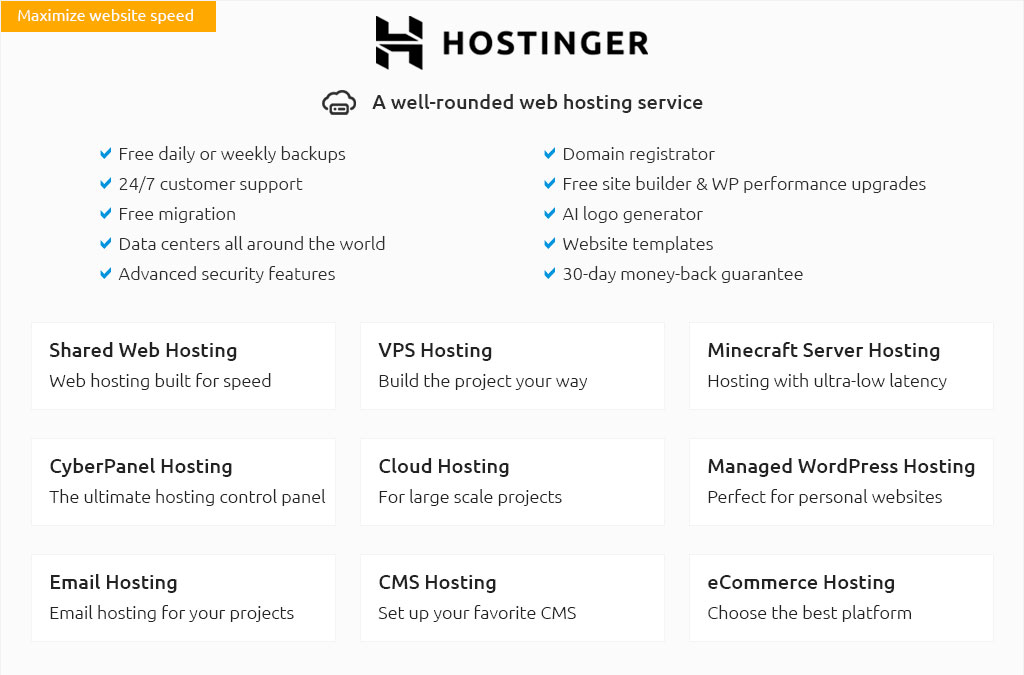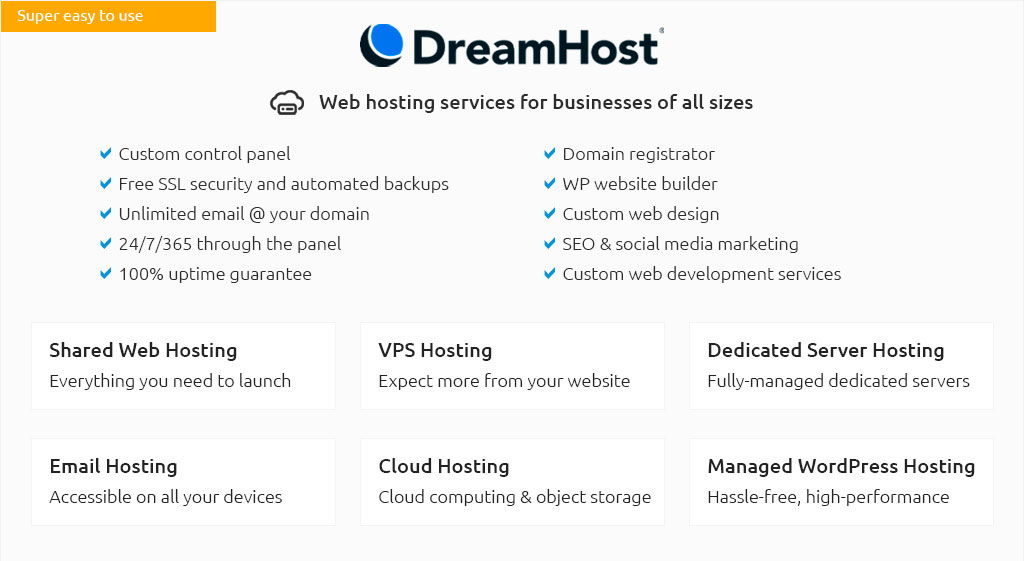 |
|||
 |
 |
 |
|
 |
|
 |
 |
 |
|||
 |
|||
 |
|||
 |
|||
 |
|||
 |
|||
 |
 |
|
Unleash the true potential of your WordPress site with our cutting-edge cloud hosting reviews-where expert insights meet unparalleled performance, reliability, and scalability; whether you're a blogger, entrepreneur, or enterprise, discover how cloud hosting can transform your online presence into a powerhouse of speed and security, all while staying ahead of the competition; our comprehensive reviews cut through the noise, delivering the facts you need to make informed decisions and elevate your WordPress experience to new heights; don't settle for mediocre hosting solutions-explore the future of web hosting with us and watch your site soar.
https://wp.cloud/
WP Cloud is the only cloud platform offering WordPress-as-a-Service. We handle performance, security, and management, so you can ... https://wordpress.com/blog/2024/03/07/wp-cloud-bluehost/
Bluehost Cloud includes all the technical excellence of WP Cloud, with bundled options for hosting multiple websites. https://xcloud.host/
xCloud provides a single platform to monitor server performance, security, and updates for all your WordPress websites. - Easily share access with team members ...
|